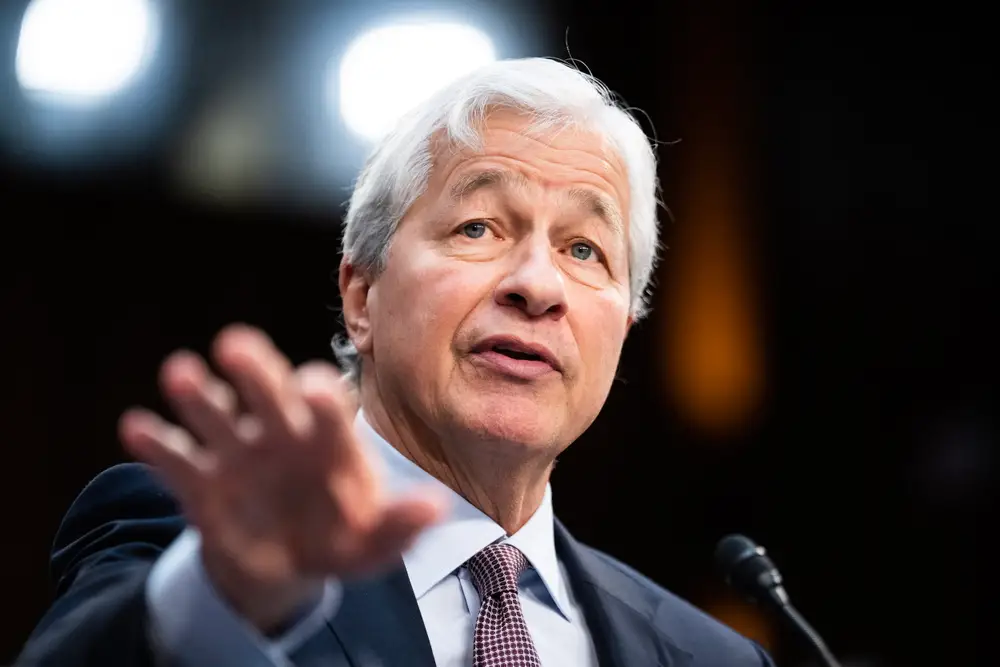What Jamie Dimon thinks about junior bankers with hush-hush private-equity jobs

JPMorgan CEO Jamie Dimon
Tensions over the private-equity industry’s recruiting tactics, long a sore point at investment banks, may finally be coming to a head.
Last week, JPMorgan Chase CEO Jamie Dimon lashed out at investment bankers in training who quietly accept future-dated jobs with buyout firms. During the Q&A section of a talk at Georgetown University, Dimon called the practice “unethical” and said he may “eliminate” it at JPMorgan, one of Wall Street’s biggest and most influential banks.
“The other thing I don’t like,” he told the crowd, “a lot of you work at JPMorgan, and you take a job from private equity before you even start with us.”
The comments were met with laughter until Dimon made it clear that he did not find it funny.
After quieting the room, he said: “I think that’s unethical. I don’t like it, and I may eliminate it regardless of what the private-equity guys say.”
Dimon’s comments follow increasingly aggressive efforts by buy-side firms to recruit young investment bankers for jobs that won’t start until they finish two to three years of training at a Wall Street bank. In the past, such recruiting tactics often took place after newbie investment bankers got some experience under their belts. But as B-17 has been reporting, the PE recruiting rush has gotten increasingly earlier as buyout firms compete for talent.
Last year’s private-equity recruiting cycle kicked off while many bankers were still in training for their first full-time jobs after college. This year, as B-17 reported, it started so early that some incoming junior bankers hadn’t even moved to the cities where their new jobs would be located.
Dimon’s comments appear to be the first time the CEO has addressed the controversial hiring practice directly. Private-equity firms are a major source of revenue for investment banks like JPMorgan, which are in the business of putting together mergers and acquisitions, raising money for companies, and taking companies public.
In August, JPMorgan issued a warning to incoming investment bankers about the risks of accepting hush-hush jobs with private-equity firms, including potential termination.
In the August letter, JPMorgan warned that future-dated jobs with a private-equity firm could present conflicts of interest for the bank. Dimon expanded on this thought at the September 17 conference at Georgetown.
“You are already working for somewhere else, and you are dealing with highly confidential information for JPMorgan,” he said.
He also commented on the impact this practice could have on JPMorgan’s talent pipeline.
“I think it’s wrong to put you in the position,” Dimon said, adding, “You have to kind of decide the next career move before you have a chance to even decide what the company is like.”






